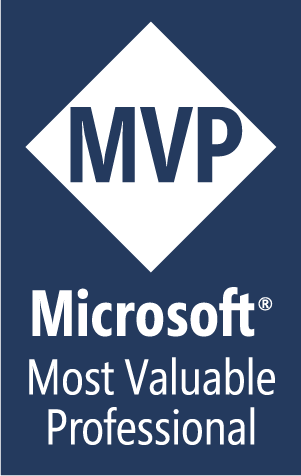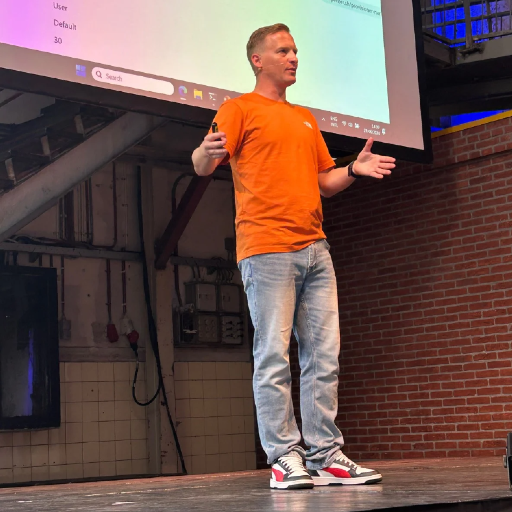Wesley is a Microsoft Azure MVP and is working as a Principal Azure Architect at Intercept. His day to day activities include designing, implementing and optimizing Azure solutions, focused on Cloud Native (Kubernetes), platform engineering, serverless and automating cloud operations. When he’s not working on a project, he’s giving a workshop, training or test-driving new Azure features. As a big advocate of Cloud Native, Infrastructure as Code and DevOps you will probably hear him talking about any of these subjects at least a few times a day (or hour). If you want to talk Azure, get in touch!
Cloud Adventures developed an e-commerce solution that is to be hosted on Microsoft Azure. Cloud Adventures has a development team that wants to focus on one thing: Build epic new features for their customers. It is our task to abstract away all Cloud Operations and provide them with the best possible Developer experience. During this session we will take you on a journey to explore how Azure enables Platform Engineers to add value for developer teams and customers. We will touch upon the pillars of Platform Engineering and how these are reflected in both mindset and technology on Microsoft Azure. Live demo's and examples included!
Read moreHow resilient is your solution? How scalable is your solution? Of course we followed all the best practices and we're going into the weekend without any worries. But is that feeling justified? Let's put it to the test! Using Azure Chaos Studio we will design experiments to test our solution. By injecting faults and will determine how our infrastructure behaves and whether our platform is redundant enough and if all our self-healing mechanisms are kicking in when we need them to. During this session we will look at using Azure Chaos Studio for one time experiments as well as embedding chaos engineering into your DevOps processes.
Read moreA quick search for "Azure Best Practices" will send you down quite the rabbit hole. An interesting one but still a rabbit hole. From Design pattern, security best practices, the Well Architected Framework and The Cloud Adoption Framework. All have something to say regarding best practices. Looking to optimize your Azure estate or even getting started in the first place can be quite overwhelming if you look into any sort of framework and best practices. You may have an existing solution that you want to run using any technology on Azure. We need to take into account that existing solution, financial capabilities, time constraints and development requirements. We can't just put everything on hold because we are moving to the cloud can we? During this session we will look at implementing the best possible practices, decision making and planning your cloud future on Azure. We will do so by production like use case and a fictional company.
Read moreContainers are a good fit for tasks that require flexibility in resources, while AI models demand significant computational capacity. And managing that capacity can be a daunting task. Sounds like a partnership in the making! The challenge is to avoid upfront investments in expensive hardware or reserved capacity and instead deploy AI models and the required infrastructure capacity on demand. The Kubernetes AI Toolchain Operator (Kaito) on Azure Kubernetes Service offers a solution. In this session, we'll discuss the provisioning requirements, and demonstrate how to effectively run AI models on Kubernetes.
Read moreMaintaining container images is often a task that is overlooked. And as containers provide excellent scaling capabilities, a small problem can escalate in a matter of minutes. A security nightmare in the making. We write new code, build it and rebuild the container image containing our newly written code. But who's looking after the security of operating system components inside that image? Ensuring the security of your container image requires an approach that targets different parts of your build and run processes. During this session we will go through the steps of securing your container images as part of your build and run processes and use technologies such as GitHub Actions, Trivy, Copa, Azure Container Registry and Microsoft Defender for Cloud.
Read more
